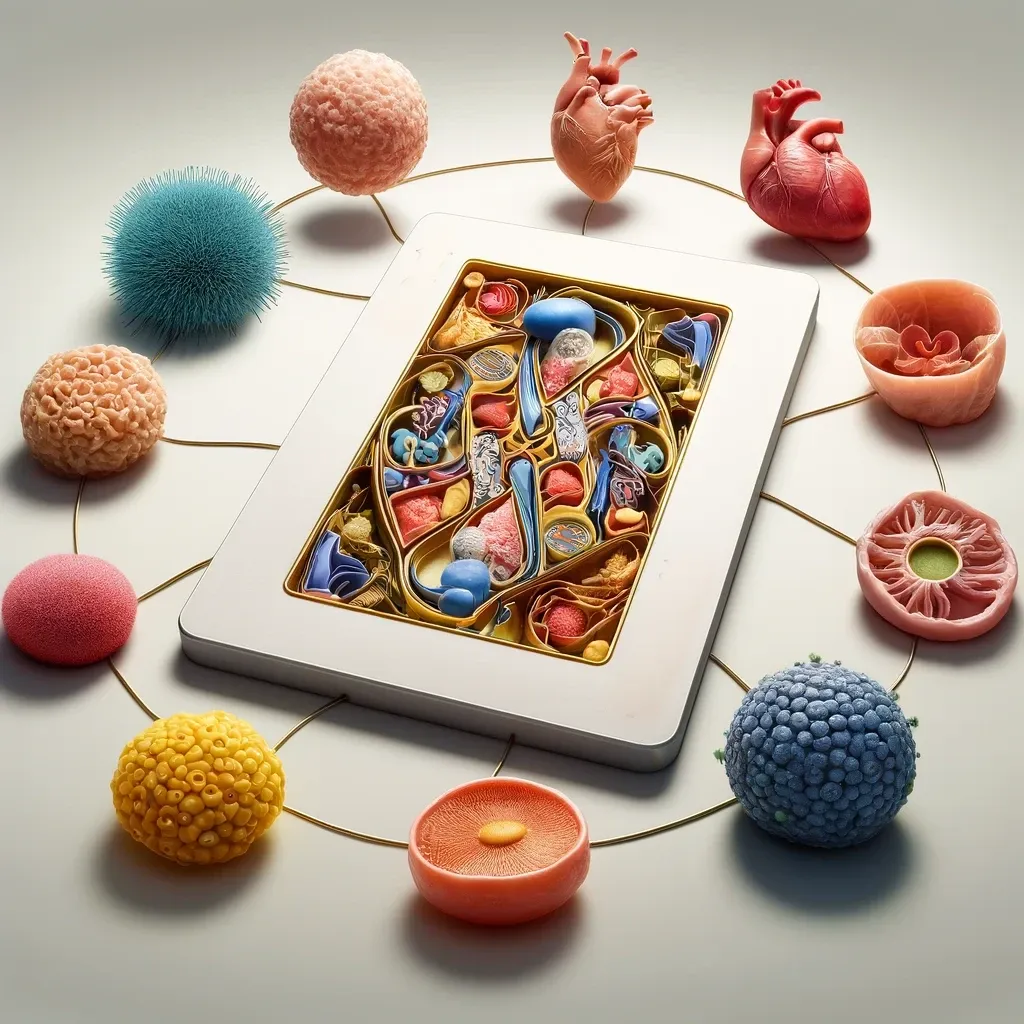Start Here! What are Stem Cells?

Welcome to the World of Stem Cells!
So, you've heard about stem cells, right? Maybe you've got a vague notion they're kind of a big deal in science, but explaining them? That's another story. Well, stick with me; you'll chat about them like a pro in no time. Let's dive into the basics and work our way up to a unique player in the stem cell league, the mesenchymal stem cell.
Let's Set the Stage:
Picture this: a deck of playing cards where each card has a specific role in the game, much like cells in your body. Now, meet the Joker. This isn't just any card; it's the wild card, ready to stand in for any other card as needed. It's versatile, invaluable, and can seriously turn the game around.
Stem cells? They're the body's Jokers. These cells hold the master key to transform into any type of cell that the body might need—heart cells to mend after a heart attack, skin cells to repair a cut, or bone cells to heal a fracture. They're the ultimate utility players, ready to jump into whatever role is needed for repair and recovery.
Why All the Fuss About Types of Stem Cells?
I get it; the science jargon can get tangled. Stem cells are usually rated by their "potency" or the variety of cells they can turn into. More versatility? More potency. The all-stars, pluripotent stem cells, can morph into nearly any cell type. Then you have the multipotent types, like a specialty player, good in their field but not quite as flexible.
Most of the time, when you hear about stem cells in a medical setting, they talk about multipotent stem cells. These include Hematopoietic Stem Cells (HSCs), which are the go-to for replenishing blood cells post-chemotherapy. They're pretty much a staple in treatments like bone marrow transplants.
Then there's the Mesenchymal Stem Cells (MSCs). Initially, these were the multipotent MVPs known for turning into bone, cartilage, muscle, or fat cells. But oh, how times have changed! These cells are now seen more as peacekeepers, helping regulate the immune system more than anything else. Interestingly, the guy who named them, Dr. Caplan, spent his later years advocating for a name change to Medicinal Signaling Cells, which he felt was a better fit for their actual role.
MSCs in the Spotlight:
While the FDA hasn't green-lit MSCs in the US yet (keep an eye on this space—things could change soon with new approvals!), these cells are still making waves in treatments worldwide for conditions like autoimmune diseases, osteoarthritis and other age-related issues.
Wrap-Up:
Now, you're all set! You know what stem cells are, how they're categorized, and how they're used in medicine. Next time you're hanging out, you can drop some knowledge: Stem cells are the body's wild cards, stepping up to become whatever the body needs, whenever it needs it. Whether HSCs in clinical settings or MSCs making headlines abroad, these cells are at the forefront of some of the most exciting medical advancements today.
Do you feel more confident? I hope so! Now, go ahead and spread the word about the incredible world of stem cells!
